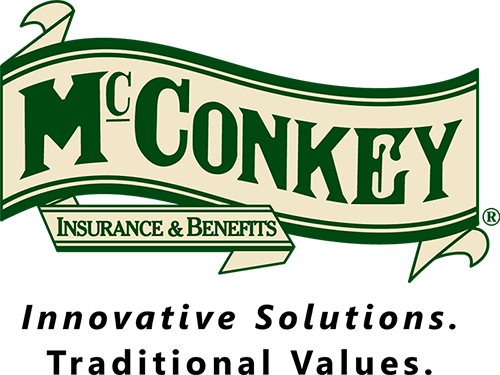
By Ted J. Herold, CPA, CVA, CGMA
By 2020, your organization’s balance sheet will undergo a significant change that can impact your bonding capacity and banking covenants. The Financial Accounting Standards Board (FASB) issued guidance on lease accounting (FASB ASU 2016-02) that will be effective for fiscal years beginning after December 15, 2019 for non-public companies and will be effective for fiscal years beginning after December 15, 2018 for public companies.
What are the accounting lease changes?
Currently, there are two types of leases: capital leases and operating leases. Currently, capital leases are recorded as assets and liabilities on the balance sheet. However, under the current guidance, operating leases are not required to be recorded on the balance sheet. This will change with the new FASB lease accounting standards.
Under the new FASB guidance, any lease with a term of more than 12 months is required to be accounted for on the balance sheet, both capital leases and operating leases. The asset recorded is the “right to use the leased item” and the liability recorded is the “obligation for the right to use the leased asset.” As a result, the total assets and liabilities on the balance sheet of a non-public construction company will be significantly larger in 2020 than they are now.
New changes for chief financial officers (CFOS) and accounting staff
Anyone responsible for the financial reporting of a construction company knows all too well that their company’s banking relationships and bonding capacity depends on the company’s ability to present strong financial ratios. Many of the key ratios will be heavily impacted as a result of the additional liabilities recorded in conjunction to changes in the lease accounting.
The balance sheet can expect to have higher debt-to-equity factors as well as lower current ratios and working capital as a result of new lease obligations. The income statement will incur a change to its current presentation as finance leases will be expensed via interest and amortization expense in place of the lease expense previously presented under the operating lease scenario. The change to the income statement will also impact the Company’s EBITDA calculations even though the Company has not felt a change to its overall cash flow position. The Company’s cash flow statement will be impacted by presenting certain activities as investing and financing versus the previous presentation as operating activities.
This change to the balance sheet will require CFOs and those involved in the accounting department to pay closer attention to the loan covenants they may have with their creditors. Companies may unintentionally be in violation of their loan covenants with creditors as the impact of recording all leases on the balance sheet may impact equity and common ratios measured as bank covenants. CFOs can expect the need to explain these changes to all financial statement users as there will likely be questions regarding this new accounting requirement. It would be prudent to discuss the need for modifications to loan documents as soon as possible in order to prevent unexpected violations to stable ratios maintained in older documents.
CFOs and those involved in the accounting department should begin looking at all of their agreements and contracts to ensure a lease commitment is not hidden in the details somewhere. For companies with branches in different states or countries, it may be beneficial to designate an employee to accumulate the leases companywide to ensure all leases have been accounted for.
Since contracts are typically entered into a Company’s backlog up to a year in advance of the following year’s job performance and job accounting activities, CFOs should analyze any affect the new lease accounting may have on the Company’s job costing and bid estimate procedures in case modifications are necessary.
Even though 2020 is a few years away, it is crucial to begin preparing now for this new standard so the transition goes smoothly when implementation is required.
Meet Ted:
Ted is a Principal and Shareholder with Brown Schultz Sheridan & Fritz and has more than 28 years of experience in public accounting. He provides audit, accounting, tax, and consulting services to clients in a broad range of industries, including construction, engineering, real estate, transportation, manufacturing, distributors, restaurants, and healthcare. Ted works out of our Camp Hill office, serving a wide coverage area consisting of the entire Central Pennsylvania region. The businesses he serves can be found in areas such as Harrisburg, Carlisle, Mechanicsburg, and York. He received his Bachelor of Science degree in accounting from the University of Akron.
Ted prides himself in his personalized approach to providing professional advisory services, by balancing his client’s needs for financial statement strength simultaneously with income tax reduction strategies. His hands-on approach enables him to be a trusted business advisor to clients.



